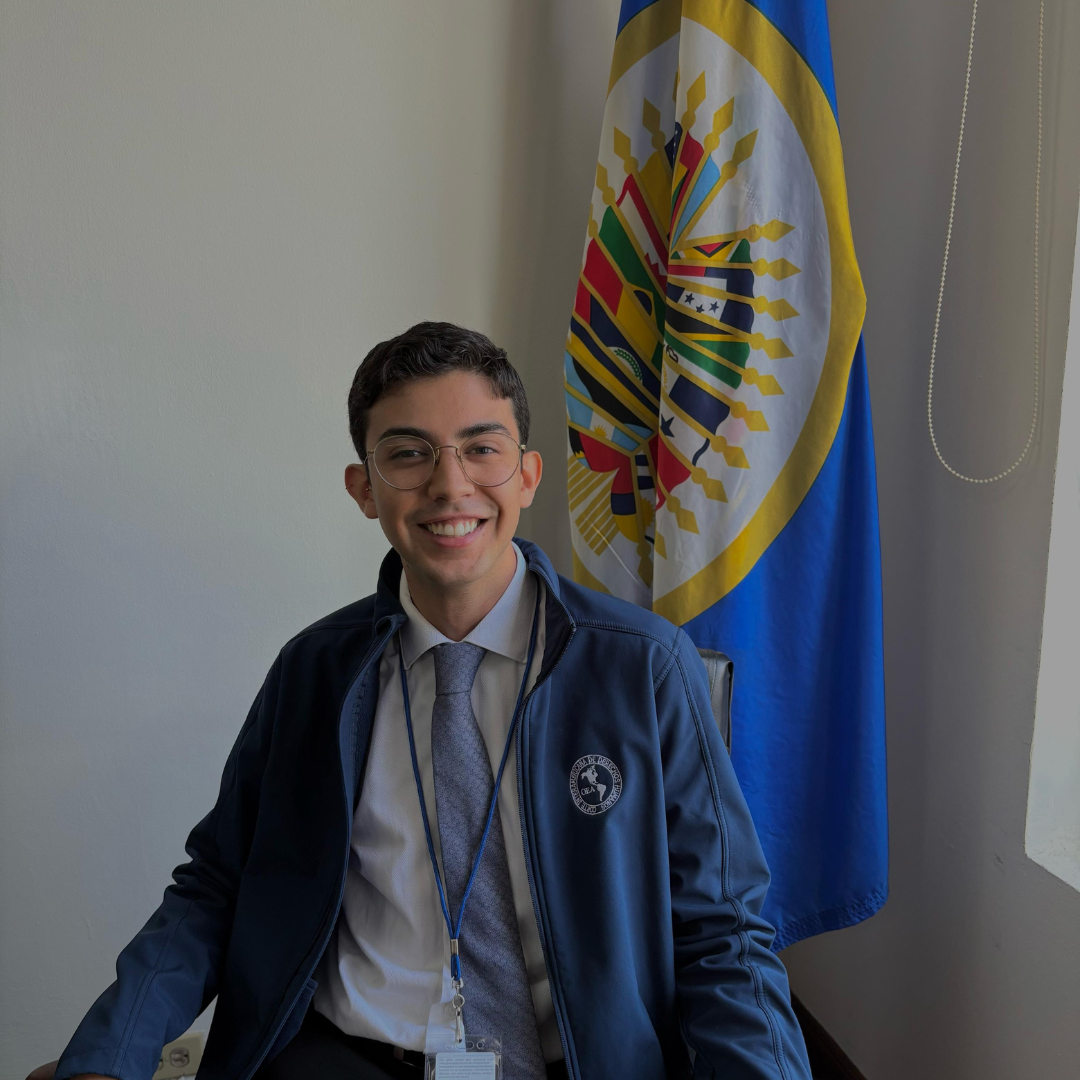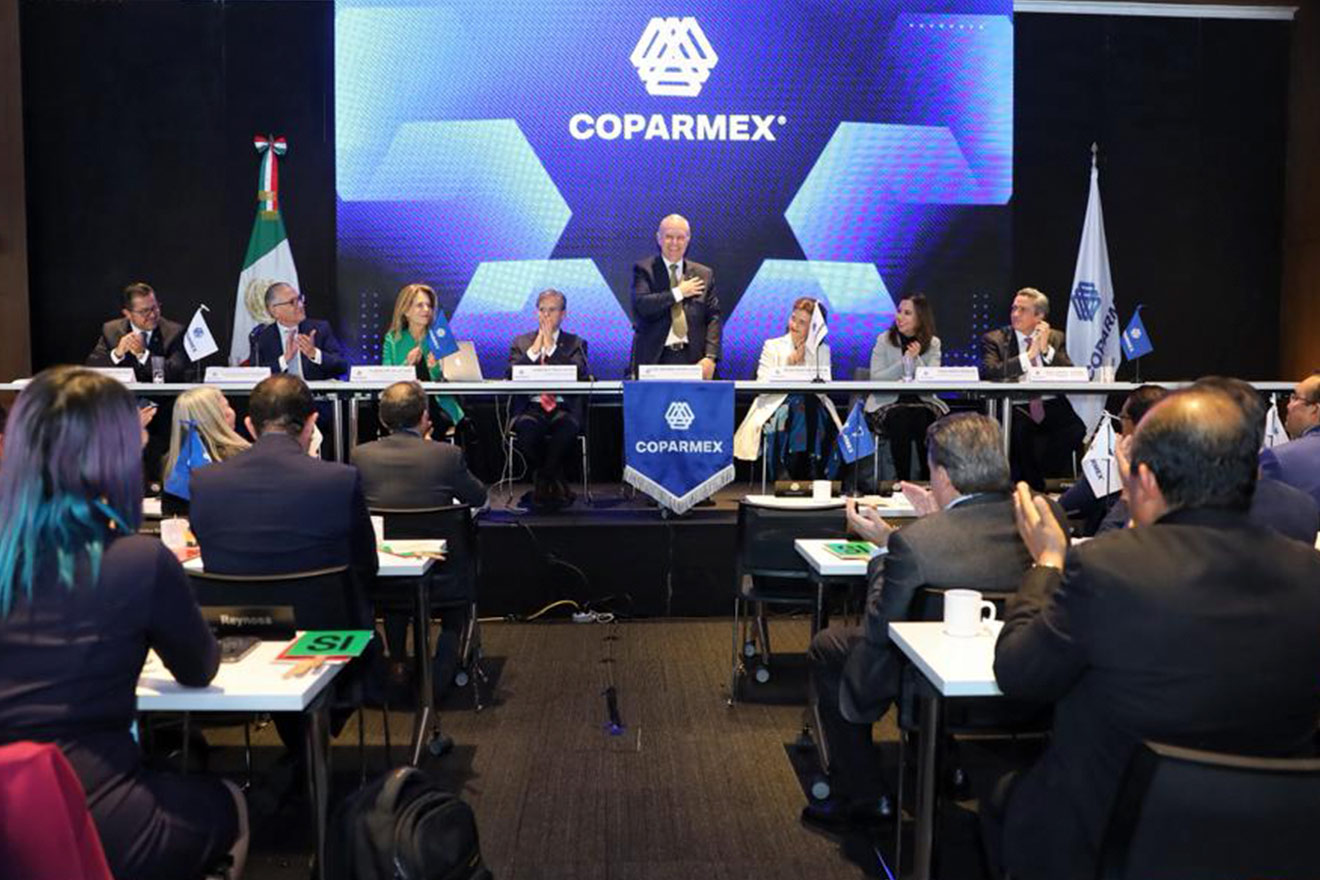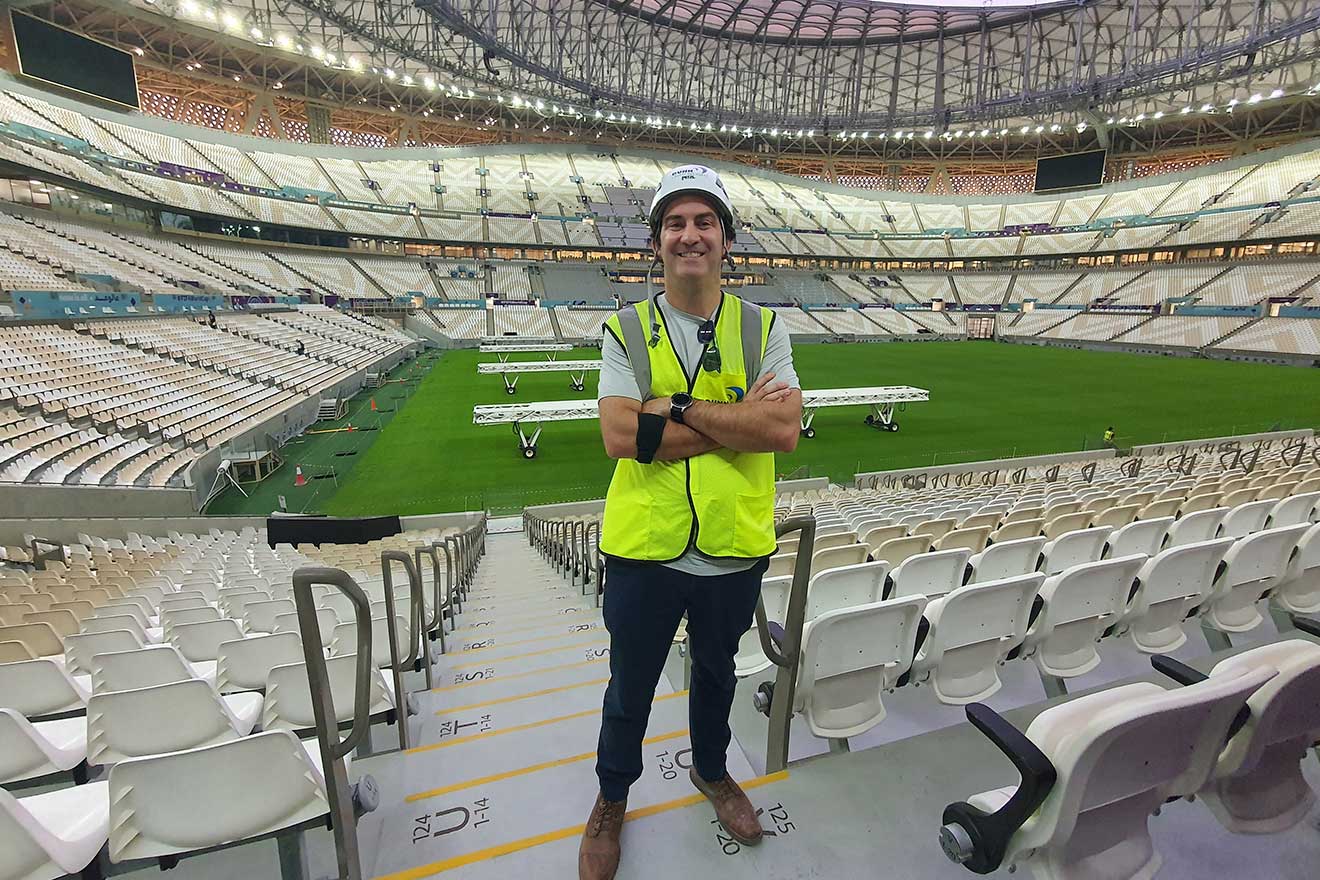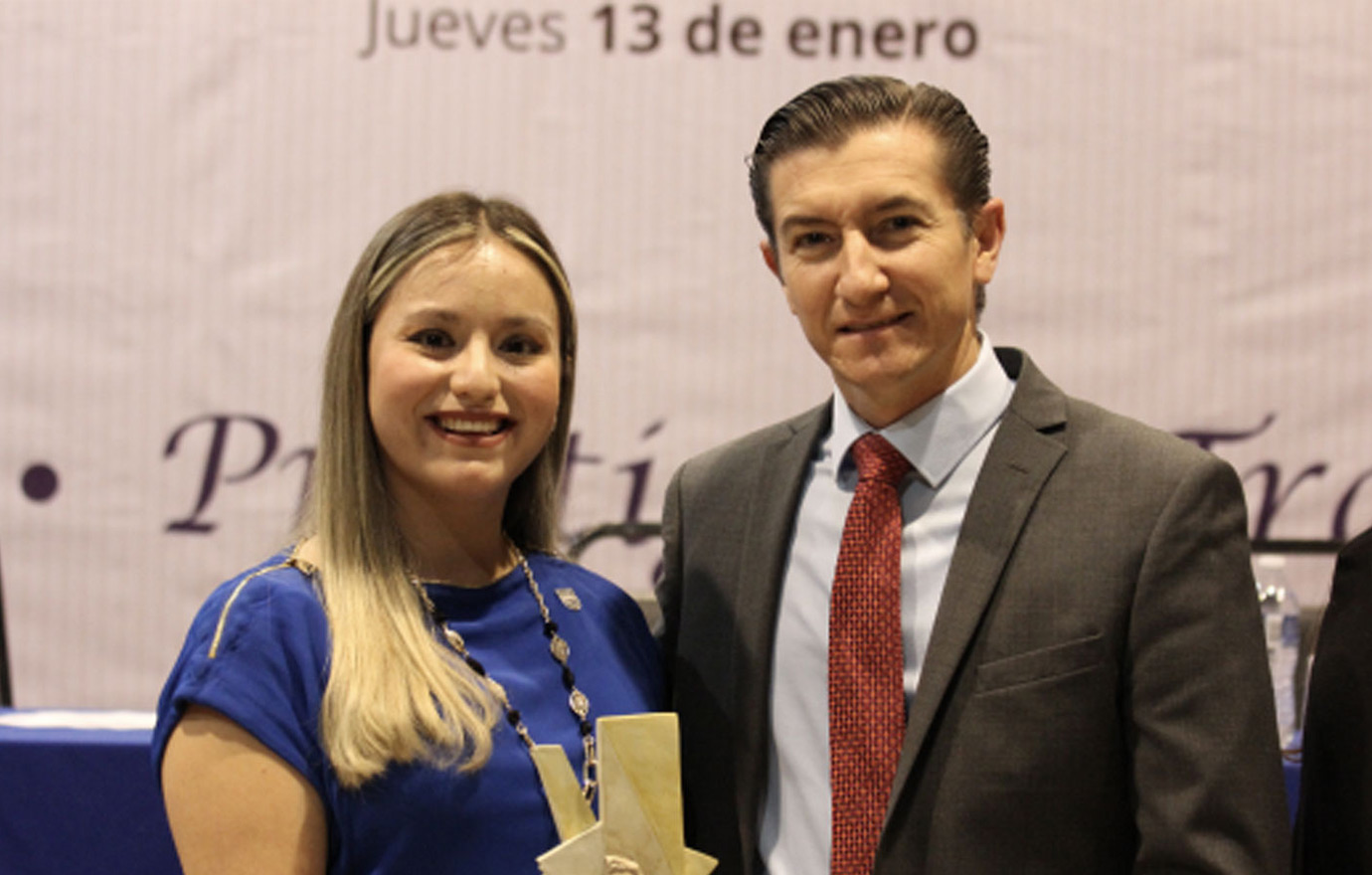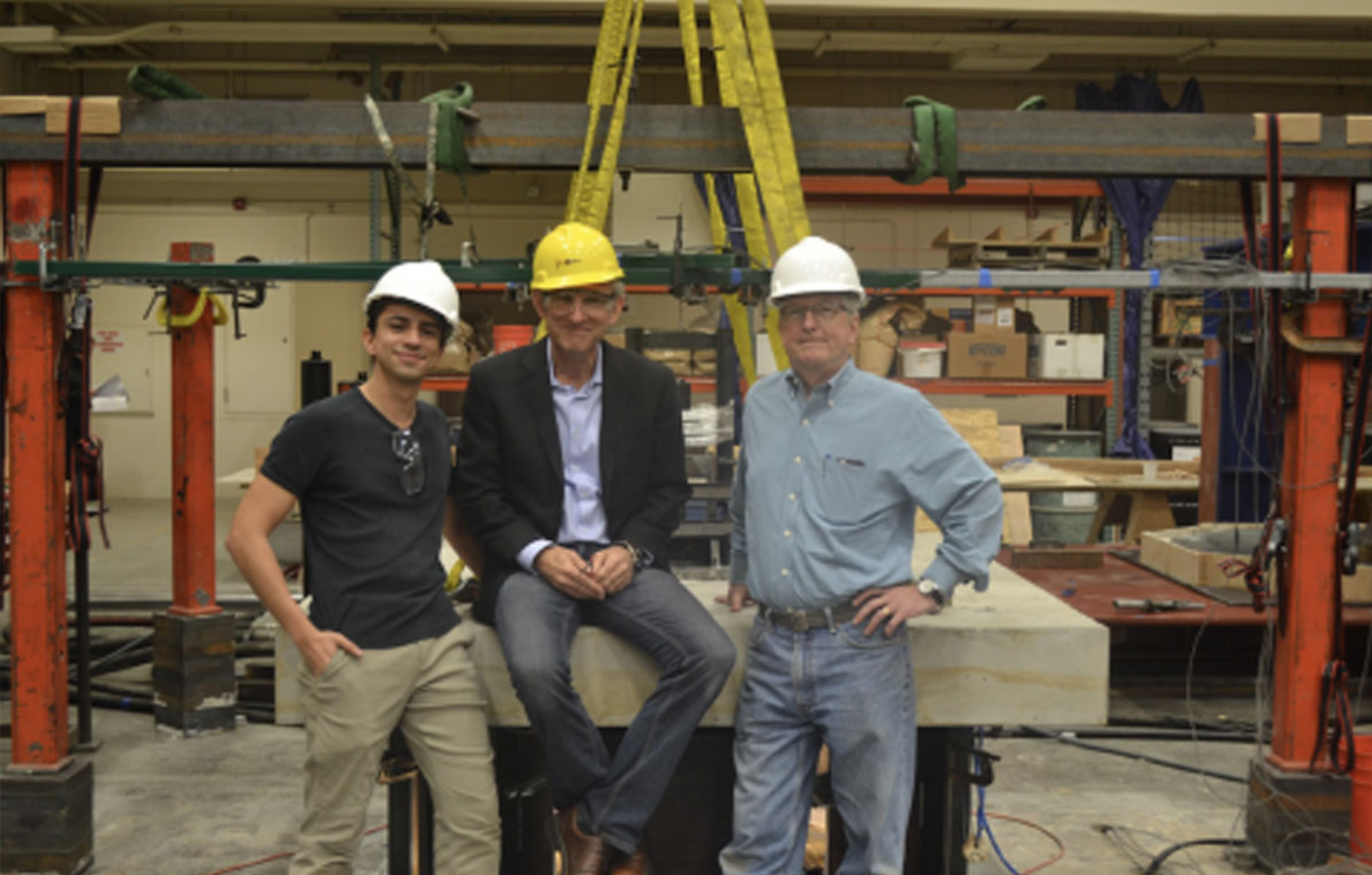José Guillermo González Mora, who has his Master’s in Engineering, specializing in Robotics and Automation, and his bachelor’s degree in Mechatronics Engineering, both from the Universidad Panamericana, was awarded third place in the José Negrete National Award for best thesis on artificial intelligence, which the Mexican Society of Artificial Intelligence (SMIA for its initials in Spanish) sponsors.
Every year, the Mexican International Conference on Artificial Intelligence (MICAI for its initials in Spanish) is organized to promote artificial intelligence research in Mexico. As part of this conference, the José Negrete Award seeks to recognize the best master’s and doctorate-level work from across the country.
“My thesis director, Dr. Hiram Ponce, suggested that I present my thesis for the award, given that it is in line with what the José Negrete Prize seeks”, Guillermo explains.
The thesis that received this award is entitled Recognition of Human Activities with Big Data: Piranha Feast Algorithm for Scalability and Training of Artificial Hydrocarbon Networks.
It is part of a research project derived from several advances and previous investigations within the School of Engineering, like data collection for the UP Fall Detection Dataset, the design of the Artificial Hydrocarbon Networks (AHN) model and the application of this model to detection of human activities.
“I was involved at various points in these research projects. For example, together with Dr. Ponce, I worked on the implementation of the AHN model in modern programming languages”, he says.
A new algorithm
Metaheuristic optimization algorithms correspond to general-purpose ways of finding optimal solutions (minimum or maximum) for functions; that is, they are applicable to any function.
Guillermo explains that, in his work, he sought to replace the training algorithm used in the AHN model with a new one related to metaheuristic optimization.
“My thesis presents the design of a new optimization algorithm called the Piranha Feast Optimization (PFO) algorithm. It was inspired by how schools of piranhas move and models their behavior when exploring, communicating and hunting prey”, Guillermo notes.
He further adds that the main case study corresponds to the development application (PFO + AHN algorithm) applied to the UP-Fall Detection Dataset database. This data set was used for its potential medical applications, number of observations, and number of dimensions.
Guillermo notes that this new algorithm can be applied to the optimization of any function, making it applicable to many engineering fields. However, he reports that “it was especially designed to function as a training engine for artificial intelligence and machine learning models.”
“The related case study seeks to find a solution for the detection of human activities, with a focus on medical applications. The main idea is to establish a system that detects patient falls, among other activities, in order to improve follow-up medical care for people who require assistance after an event of this type, such as older adults”, he clarifies.
The Panamericana: The key algorithm
Guillermo, who currently works at Google, acknowledges that, “My training at the UP has been a key part of my professional and personal development”.
He details that, starting with his time at UP’s high school, he was able to explore his interest in robotics that, along with the humanistic education he received, defined his academic and professional career from an early age.
For his part, studying a bachelor’s degree within the School of Engineering gave him the opportunity to work directly with researchers from whom he learned, which, he notes, continues to be a notable advantage in his professional life.
While studying his master’s degree, he notes that he had the opportunity to “apply knowledge and explore open and current research problems that I continue to explore in private industry”.
“I can confidently say that the UP positively impacted me as a student, as a professional and as a person”, Guillermo concludes.



